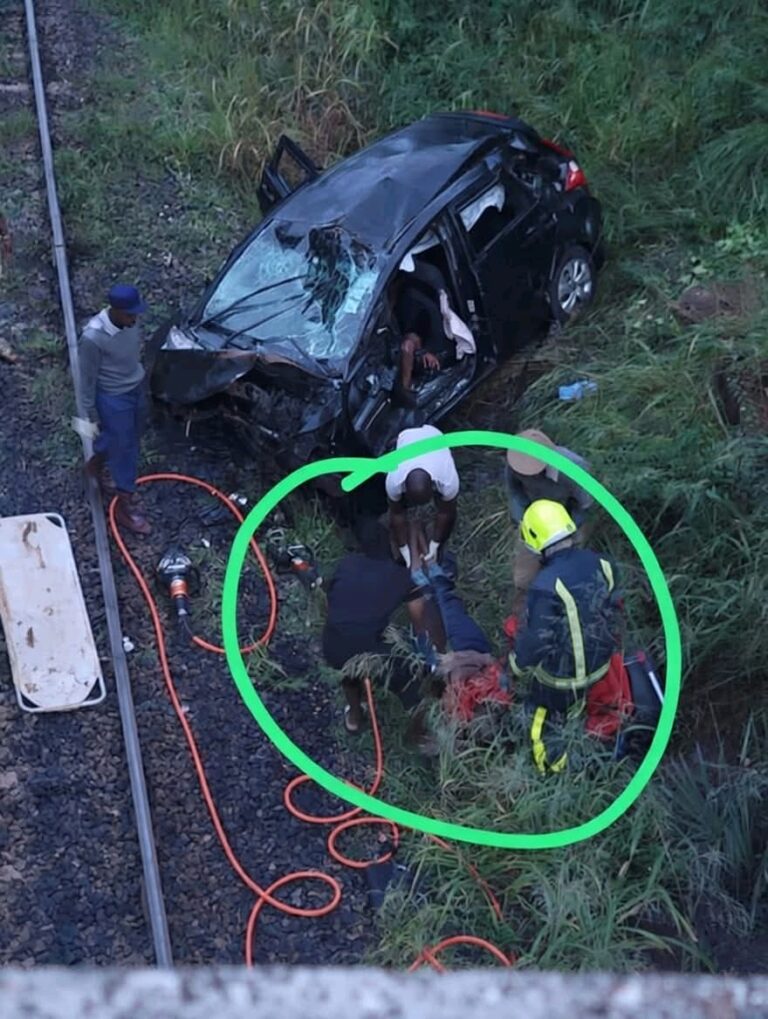
A tragic incident unfolded in Bromhof, Johannesburg, when a three-year-old girl tragically lost her life after the power supply to her breathing machine failed during a period of load shedding. The heartbreaking death has raised serious concerns over the impact of South Africa’s ongoing energy crisis, especially on vulnerable families who rely on medical equipment powered by electricity.
The young girl, diagnosed with Woree Syndrome—a rare neurodevelopmental disorder characterized by drug-resistant epilepsy and developmental delays—was dependent on a breathing machine to survive. On a Thursday night, her family was left helpless when the inverter that powered her breathing machine ran out of charge amidst one of the scheduled load shedding outages.
According to reports from the *Randburg Sun*, the family had done everything they could to ensure the inverter stayed charged, but due to ongoing power cuts and scheduled maintenance outages, they were unable to fully restore the power to the device. When the inverter finally failed, her mother desperately tried to assist her daughter using a backup battery-operated nebulizer. Unfortunately, this only provided temporary relief, as the power went out again just hours after electricity had briefly been restored.
The child died in her mother’s arms while they were en route to the hospital, a heartbreaking outcome that has sent waves of grief and outrage through the community and across the nation.
### The Struggles of Living Amidst Load Shedding
City Power spokesperson Isaac Mangena expressed his sorrow over the tragedy, acknowledging the toll that the national power crisis is taking on families throughout the country. He stated, “It is hard even for us when lives are lost because of this national crisis.” Mangena added that residents in Bromhof had been particularly affected by recurring outages and extended maintenance periods. He assured the community that efforts were being made to resolve the issue, but also cautioned that uninterrupted power could not be guaranteed under current conditions.
Residents with critical medical needs have been encouraged to ensure that they have adequate backup power systems in place, as the likelihood of continued outages remains high. However, this situation has only deepened the frustration many feel toward the government’s inability to solve Eskom’s ongoing energy challenges.
### Political and Community Reactions
Ward councillor Ralf Bittkau, who recently lost his own daughter, was particularly affected by the incident. He offered his condolences to the grieving family, stating, “I understand the pain the family is going through.” Bittkau also directed his frustrations at the government’s handling of the energy crisis, saying that it was unacceptable for people to continue suffering while no real solutions have been presented.
“If the president doesn’t do anything, he’s also as guilty,” Bittkau added, pointing to the need for urgent government intervention in addressing Eskom’s persistent issues.
### A Life Cut Short
This tragic death underscores the severe consequences of South Africa’s power instability, especially for those dependent on medical equipment. The young girl’s passing serves as a poignant reminder of how load shedding continues to affect the most vulnerable members of society. She will be laid to rest next Wednesday, as her family and community mourn the loss of a precious life.
This devastating event calls into question not only the government’s management of the energy crisis but also the broader social implications of relying on an unreliable power grid. For families like this one, it’s not just about inconvenience—it’s a matter of life and death.




